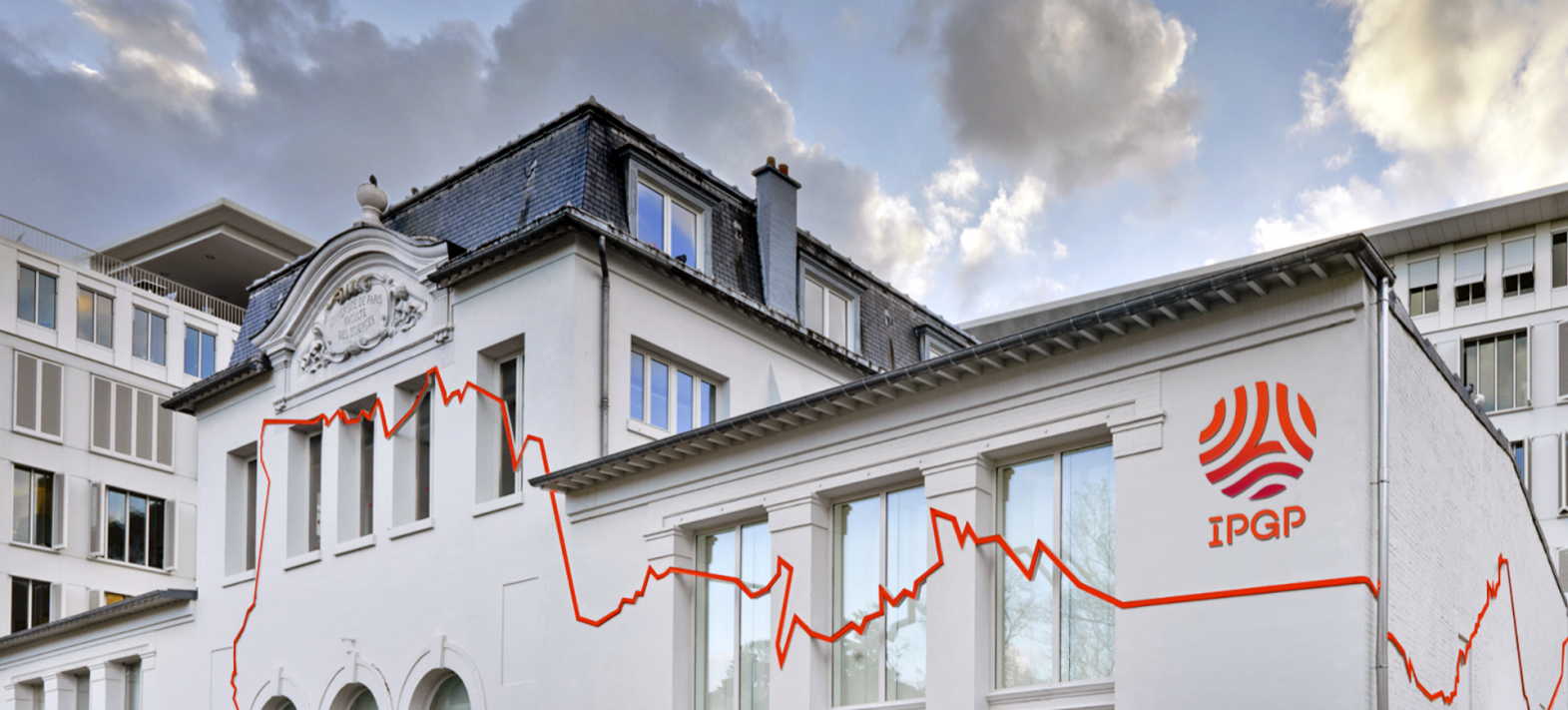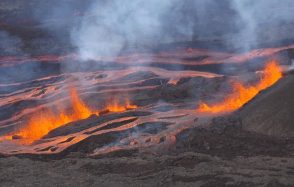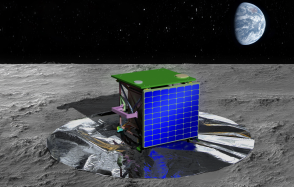Junior Professor position “Geology of exoplanets”
A junior professor position is open to recruitment by Université Paris Cité for an assignment at the Institut de Physique du Globe de Paris on the theme of “the geology of exoplanets”

Latest news








